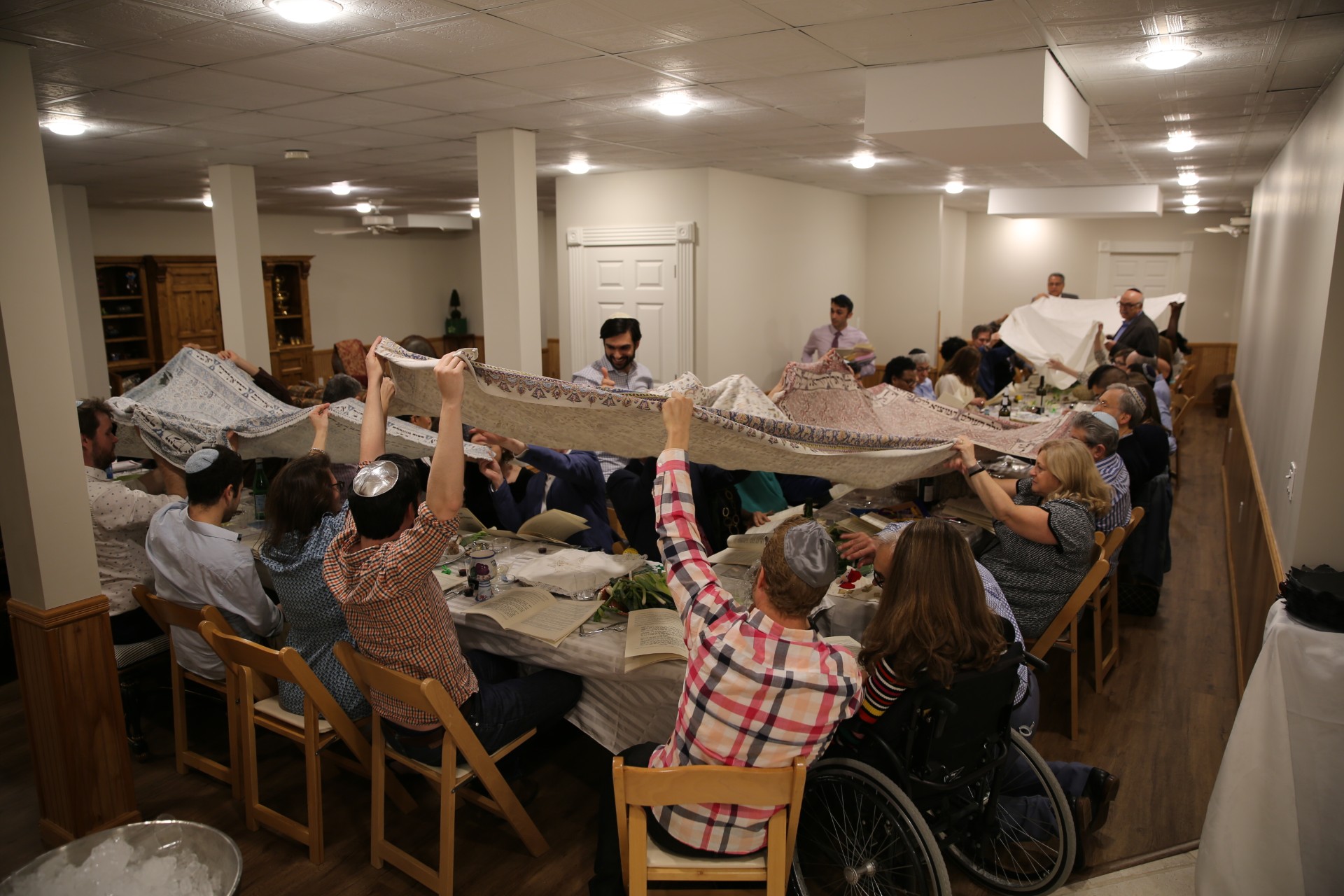
When I think of Passover, of course the usual thoughts come to mind—matzah, family, kids asking questions, the excitement of guests at our seder table, and for me, almost no desserts. Yes, kosher for Passover food has come a long way in my lifetime and the desserts have gotten better, but for me, the cakes are just not that appetizing.
According to the Torah, Jews—Israelites—were slaves in Egypt for 430 years. To be fair, there are some commentators on the Torah that interpret the language in the book of Exodus in a slightly different manner by comparing the Torah’s words with other historical sources about Egyptian rule over the entire Middle East during that time. Even with the most liberal interpretations of the Torah and historical documents, however, it is clear that Jews living in the land of Canaan were oppressed, and “served” the masters in Egypt during that time frame. Fortunately, today, any type of indentured servitude of one human to another that takes away free choice of speech or religion is almost universally considered wrong and the ability to self-determine other aspects of their lives, is viewed as abhorrent.
The story of Passover is built around the exodus from this slavery and the freeing of a nation, a peoplehood, to pray to its own G-d based on its own values. That religion has survived and thrived for thousands of years and has brought “light unto the nations” in so many ways. Unfortunately, for the second year in a row our Passover celebrations are going to be muted with the acknowledgement that more than 50 of our family members are still being held captive, enslaved, in Gaza.
Thus, when we talk about the holiday being a time to focus on freedom, the concept should actually have significant meaning.
The primary commandment included in the Torah about the holiday of Passover is the requirement to tell the story of Exodus from Egyptian slavery to our children. I take this particular commandment quite seriously and believe that in today’s environment it is more important than ever to tell the story of Passover. Beyond the core story of more than 400 years of slavery, there are some other aspects of the Exodus worth highlighting.
Among my favorites is the moment in history when the Jews were fleeing Egypt and came to the Red Sea. This was a critical moment of faith-testing. Who was brave enough, who believed in the promise of G-d to protect them enough, to dare enter the waters. His name was Nachshon, and not only did he step forward at a critical time in his people’s history he kept moving forward into the water as it first reached his ankles, then his knees, his waist, and all the way up to his neck. It was only then that the sea parted sufficiently providing clear passage for an entire nation’s emancipation. To me, the lesson of this part of the Story of Exodus is that the bravery of one person shows how each of us can impact our world positively.
Another important aspect of the Nachshon story is the bravery of the rest of the Jewish people who followed him into the sea. While much of the focus is on the leadership lesson Nachshon teaches us, it is also crucial to recognize the courage it took to be a follower. Sometimes, it requires just as much bravery and strength of character to trust in our leaders and believe they have our best interests at heart. After four centuries of slavery, the Jewish people’s ability to trust must have been shaken, yet they followed Nachshon into the sea, with walls of water on either side.
Perhaps the lesson here is that being a follower can require as much bravery as being a leader.
Nachshon’s bravery is a certainly an important part of the Exodus story, but my favorite biblical miracle is actually something else. Manna from heaven is hands down, in my opinion, #1. Imagine having Uber Eats, or perhaps we should call it Jewber Eats, deliver a totally amorphous blob outside your home every day, and it can taste like anything you want! That one portion of manna was sufficient to satiate every person’s desires and biological needs without any waste. If only someone could develop manna today, then my reluctance to eat desserts on Passover would be a thing of the past.
I would like to wish everyone a sweet holiday filled with meaningful moments with your families and hope that each of us can find time to be brave.

